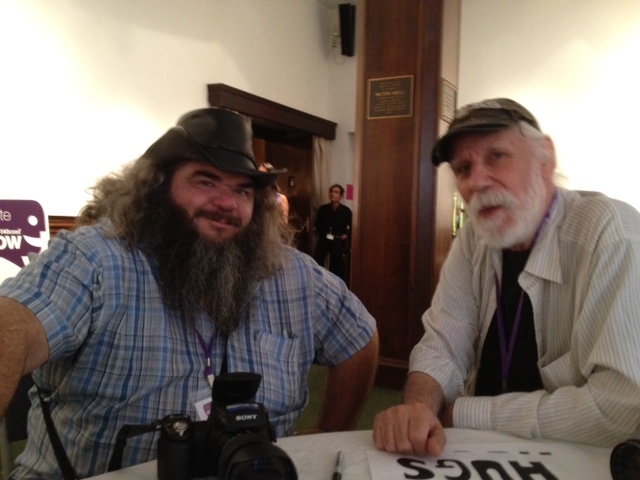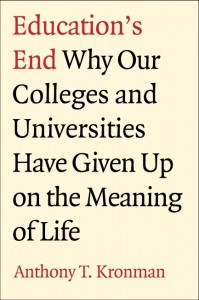Both working and living are better when a good book gives you a different, and often unexpected way to look at things.
Here’s what my recent source material looks like: Zero Day, called “a paranoid thriller disguised as a murder mystery,” by David Baldacci, Contagious, “an infectious treatise on viral marketing” by Jonah Berger, and Growing Up, “a fine and true book about American life” by Russell Baker. Good storytellers like these always give you something worthwhile to take-away with you.
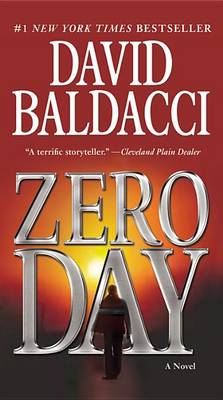 There was at least one snicker when I announced that I’d started reading the collected works of David Baldacci. His formula features villains in our shadow government and an unconventional assortment of heroes: perfect for the last wind-down before sleep.
There was at least one snicker when I announced that I’d started reading the collected works of David Baldacci. His formula features villains in our shadow government and an unconventional assortment of heroes: perfect for the last wind-down before sleep.
Zero Day is set in a West Virginia town stunted by a domineering company that’s blasting the tops off the surrounding mountains to get at the coal. I’d worked in energy, so I knew about the little v. big guy tactics while the land & its people get sicker. What I knew less about was desperation’s byproducts in tumbledown communities few of us will ever visit outside of a book.
When word spreads of a resident dying in Baldacci’s coal town, yesterday’s neighbors become tonight’s scavengers, picking over what the dead widow or slain policewoman is no longer there to protect. Even pulp fiction can make you care enough about characters to start imagining places in America where you have to “put a notice up on the front door declaring that anyone attempting to scavenge anything from the premises would be hunted down by the U.S. Army… with extreme force if required.” It’s a small but resonating detail about personal space.
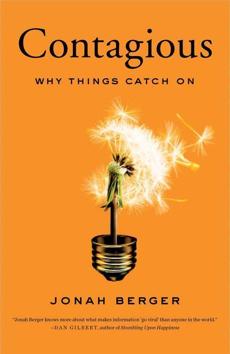 Jonah Berger is a Wharton professor who asks: “What makes people share an idea or talk about a product over & over again?” Aimed at raising the profile of just about everyone’s work, Contagious tells a couple dozen stories that reveal the magic in recent marketing tricks, and even better, help you recognize why you’d share the information in one message over another. This book discusses how some information makes you feel good when you’re sharing it, why tying your message up in emotion and narrative carries your sales pitch, and how built-in associations remind you (often unconsciously) to either share or do something you wouldn’t have done otherwise.
Jonah Berger is a Wharton professor who asks: “What makes people share an idea or talk about a product over & over again?” Aimed at raising the profile of just about everyone’s work, Contagious tells a couple dozen stories that reveal the magic in recent marketing tricks, and even better, help you recognize why you’d share the information in one message over another. This book discusses how some information makes you feel good when you’re sharing it, why tying your message up in emotion and narrative carries your sales pitch, and how built-in associations remind you (often unconsciously) to either share or do something you wouldn’t have done otherwise.
Marketing your ideas often includes persuading people to take your advice. This year, my hometown took on the sugar drink industry over concerns about childhood obesity. A local ad features a mom looking at her chubby son cradling a soda and saying, “I just didn’t know,” after the voice-over that links sugar intake with overweight kids. With its nurturing content, this ad might influence moms to restrict their kids’ beverage choices. But Berger asks: why not target every soda drinker directly with an unforgettable message that’s got not only emotion (this time disgust) but also high social currency & practical value? You can judge for yourself whether this alternate approach is more effective here. By vividly illustrating the psychological and social factors behind viral marketing, Contagious shows us how it’s the message not the messenger that makes a difference.
The take-aways from a good book can be personal too.
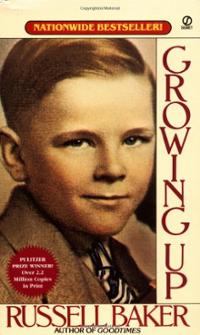 For example, there’s a particular art to using an excerpt from your life to make your point. “Too much information” or taking it all too seriously will leave readers cold every time. The aim is to avoid these pitfalls while arriving at your destination with the sun in your face and the breeze in your hair. Great writers can navigate even harsh terrain and still stoke the light in our hearts. Russell Baker is one of them.
For example, there’s a particular art to using an excerpt from your life to make your point. “Too much information” or taking it all too seriously will leave readers cold every time. The aim is to avoid these pitfalls while arriving at your destination with the sun in your face and the breeze in your hair. Great writers can navigate even harsh terrain and still stoke the light in our hearts. Russell Baker is one of them.
Baker wrote a widely read newspaper column about politics and American life for twenty odd years. Then he wrote his autobiography, Growing Up. Awarded a Pulitzer for his columns and another for this book, it was Baker’s funny & telling details that gave his stories their pulse. As a writer, I was particularly interested in how he handled the not so easy truths about being a son, husband and father. He told me right from the start, with these lines about his mother’s dementia:
At the age of eighty my mother had her last bad fall, and after that her mind wandered free through time. Some days she went to weddings and funerals that had taken place half a century earlier. On others she presided over family dinners cooked on Sunday afternoons for children who were now gray with age. Through all this she lay in bed but moved across time, traveling among the dead decades with a speed and ease beyond the gift of physical science.
“Where’s Russell?” she asked one day when I came to visit at the nursing home.
“I’m Russell,” I said.
She gazed at this improbably overgrown figure out of an inconceivable future and promptly dismissed it.
“Russell’s only this big,” she said, holding her hand, palm down, two feet from the floor. That day she was a young country wife with chickens in the backyard and a view of hazy blue Virginia mountains behind the apple orchard, and I was a stranger old enough to be her father.
While I’m sure that my take-aways from reading these 3 books hardly “make the argument” for reading in general, more emphasis on the pure enjoyment and practical information to be gained from sitting down and reading a book can only help.
A 2007 study from the National Endowment for the Arts found that nearly half of Americans between 18 and 24 read only what’s required in school, and never for pleasure. With the increasing dominance of visual & social media in our lives, the percentage today is likely even higher. (A teacher’s recent op-ed, called “The Young & the Bookless,” provides his own particular lament.) But it’s not just young adults. I suspect that fewer of us at any age are reaping the regular rewards that can come from reading a good book.
There are lots of implications in this, but none more unfortunate than what the non-readers are missing. It’s all the take-aways (big & small) that make work easier or better, and life more interesting.
To make the joy of reading books contagious, I think that readers need to start talking more about their take-aways.


